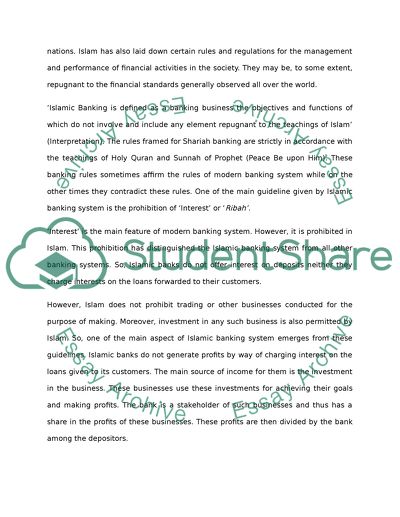Cite this document
(“The way and need to improve upon treasury department in islamic banks Essay”, n.d.)
Retrieved from https://studentshare.org/environmental-studies/1405297-the-way-and-need-to-improve-upon-treasury
Retrieved from https://studentshare.org/environmental-studies/1405297-the-way-and-need-to-improve-upon-treasury
(The Way and Need to Improve Upon Treasury Department in Islamic Banks Essay)
https://studentshare.org/environmental-studies/1405297-the-way-and-need-to-improve-upon-treasury.
https://studentshare.org/environmental-studies/1405297-the-way-and-need-to-improve-upon-treasury.
“The Way and Need to Improve Upon Treasury Department in Islamic Banks Essay”, n.d. https://studentshare.org/environmental-studies/1405297-the-way-and-need-to-improve-upon-treasury.


